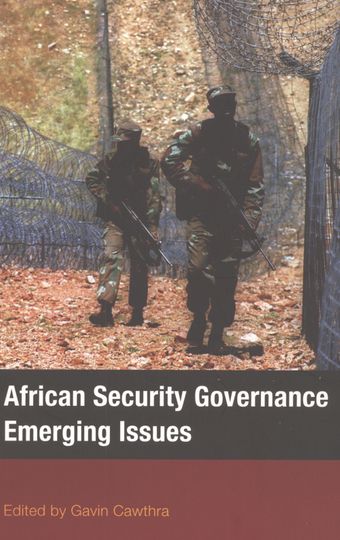- Home
- Books
- African Security Governance
- Chapter
Southern African security governance: A cautionary tale

- Author: Anthoni van Nieuwkerk
- Main Title: African Security Governance , pp 99-115
- Publication Date: November 2013
- DOI: https://doi.org/10.18356/5a1b332e-en
- Language: English
Security cooperation is not an obvious element of regional economic integration. By this I mean there is no automatic link. A region’s members can progress economically without necessarily trusting each other. Despite this, African leaders assume that countries ought to cooperate in the security arena in order to improve the prospects of economic integration (the pillar upon which the African Renaissance and the New Partnership for Africa’s Development [NEPAD] is built). In our case in southern Africa, few beyond the leadership echelons make such assumptions. It is unclear to many southern Africans whether or how the Southern African Development Community (SADC) provides human security to the people of the region. Instead, the positions of SADC member countries on the key regional challenges (trade, growth and development, security and stability) are driven by national interests rather than regional interests. As realists argue, national interests (a must-have) are hard and measurable; regional cooperation (often a nice-to-have) is hard to measure. Or should we accept a regional consciousness shaped by a shared historical experience — a problematic assumption?
© United Nations
ISBN (PDF):
9789210564540
Book DOI:
https://doi.org/10.18356/d31e63d6-en
Related Subject(s):
Democracy and Governance
Sustainable Development Goals:
-
From This Site
/content/books/9789210564540c008dcterms_title,dcterms_subject,pub_keyword-contentType:Journal -contentType:Contributor -contentType:Concept -contentType:Institution105
/content/books/9789210564540c008
dcterms_title,dcterms_subject,pub_keyword
-contentType:Journal -contentType:Contributor -contentType:Concept -contentType:Institution
10
5

